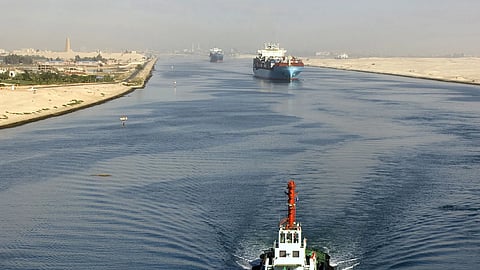Red Sea Crisis Creating a Major Short-Term Capacity Impact
The Red Sea crisis has presently made global shipping extremely volatile and prone to quick changes. From a shipper perspective, the transit times will clearly increase with the routing via the Cape of Good Hope.
It will be a bit more than a week longer from Asia to North Europe, and up to two weeks longer into the Mediterranean.
On Asia-North Europe, the impact on supply chains is already quite visible. As the first major name to feel the effects of the Red Sea crisis, Tesla's Gigafactory in Germany has announced a two-week closure due to a current shortage of assembly parts.
Whilst this is certainly a serious problem for many shippers, these disruptions are no way near to the ones caused during the pandemic.
The current capacity outlook is fraught with a high degree of uncertainty, however, the present data shows that the shippers could expect a capacity crunch for Asian exports in the coming weeks.
Due to a combination of some services being held back in departure from Asia in the short-term awaiting re-routing, and some services clearly arriving late into Asia-Europe shipping is seeing steep capacity drops.
The seeming capacity spike in late December/early January was more due to origin delays and should be given less attention. A similar trend is seen on both Asia-Mediterranean and Asia-North America East Coast, but a week earlier.
That said, the temptation is to call this a disaster, but such language would be inappropriate, when the current crisis is placed in the context of what the supply chains had to endure during the pandemic disruptions.
Read More: US and UK Air Forces Strike Houthi Targets Inside Yemen


